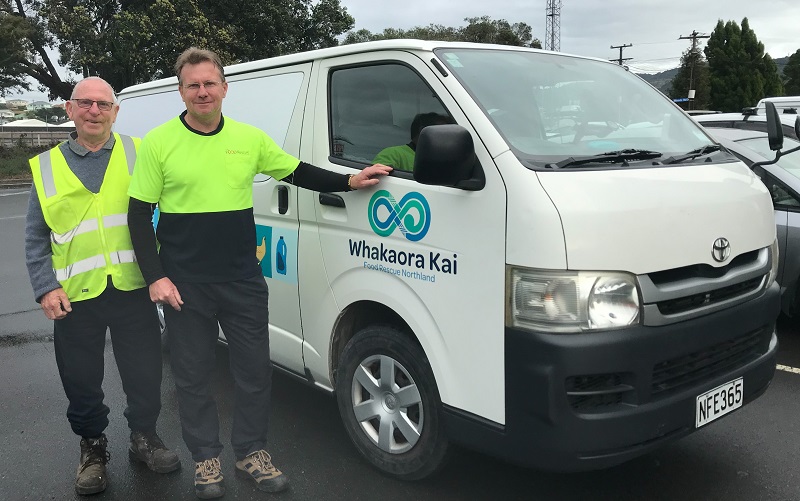Kai
Kai Ora Fund boosts sustainable kai projects across Northland
Kai resilience projects across Northland have received another boost from the Kai Ora Fund.
The 2023 Kai Ora Fund is disbursing a total of $111,545 to support 32 grass-roots projects, with 17 in the Far North, 9 in Whangārei, 3 in Kaipara and 3 across the Northland region.
The Kai Ora Fund provides grants of up to $5,000 to support community projects that enhance food security and community resilience. Since it was set up in 2015, the Fund has supported over 250 projects led by community groups, whānau trusts, social enterprises, and small businesses.
Mahitahi Hauora Whānau Engagement & Innovation Partner Erana Peita said the fund always receives applications from a wide variety of interesting projects that make a huge difference for the communities they serve.
One of the projects the fund is supporting this year is 155 Whakaora Kai, an organisation that rescues quality food destined for landfill and redistributes it to community organisations across Tai Tokerau.
“We pick up food that is still good to eat but not suitable to sell such as packhouse seconds, unsold café food, and day-old bread from supermarkets,” says 155 Whare Āwhina Service Development and Partnership Manager Daniela Johnson.
“Our team then passes the kai on to registered charities, marae, kura and sports clubs across the region that can share it with their communities,” she says.
155 Whakaora Kai relies heavily on volunteers to provide its service, and Daniela says the funding from Kai Ora will enable the project to expand its volunteer operations.
“We’re changing our processes so volunteers can be more involved in collecting and dropping off food. With funding received from Kai Ora we have been able to set up a smartphone-based system to update our volunteer drivers while they’re on the road. It helps us let them know where they’re going to pick-up and deliver the kai, and allows them to contact us in emergencies. Our database will be updated to have a volunteer schedule and we will also improve labelling systems for food received. The more food we can collect and share, the less is wasted and goes to landfill. It is important to value the time, effort and resources that go into producing food by respecting it and sharing it, rather than wasting it.”
A range of community gardening projects also received funding. The Hare Krishna Food For Life organisation, which provides free nutritious vegetarian meals for those in need, received funding for a rotary hoe to help Food For Life set up a new garden to grow food for their Whangarei-based community food programmes.
Another project, run by Kirsten Fathers, is creating a food forest and community vegetable gardens in Hikurangi. Kirsten received funding to mulch the food forest and to create a pollinator garden to attract bees to enhance pollination in the food forest.
In Kaipara, Grow Paparoa Whakatipu Paparoa Inc applied for funding to run three workshops to keep alive the art of growing tomatoes. The workshops will be held in the spring and people will be able to use their produce to contribute to an annual Passata Day. Passata is the Italian tradition of creating tomato puree at the end of the summer growing season.
In addition to providing funding, the Kai Ora Fund fosters networks and shared learning among project teams. Each year, successful applicants attend workshops in Whangārei and the Far North that allow project teams to collaborate, share advice, and identify ways they could work together to boost outcomes.
The Kai Ora partnership comprises Mahitahi Hauora, Te Puni Kōkiri, Far North District Council, Kaipara District Council, Whangārei District Council, Ministry of Social Development, and Healthy Families Far North. Through their combined resources, partners work to achieve the fund’s vision: ‘He whenua taurikura, he whānau houkura – Abundant whenua, prosperous whānau’.
For more information about the Kai Ora Fund, visit www.kaiorafund.com
